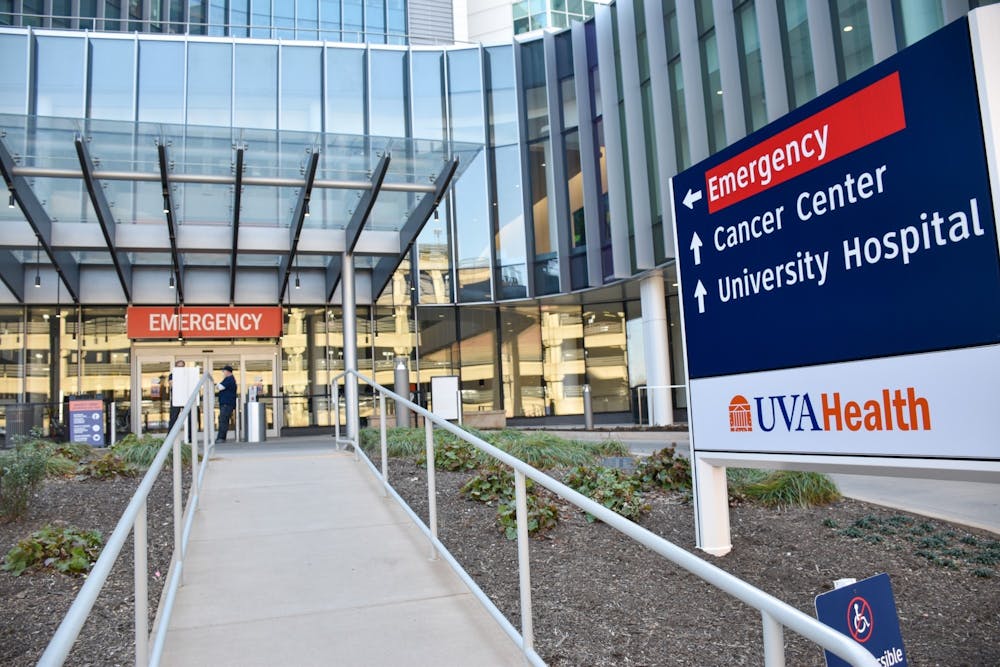If you ask someone why they agreed to receive the COVID-19 vaccine, you will receive unique answers. Some think that it is their best chance against the dangers of the virus, maybe some want to keep their job or continue their education and maybe a few even trust the government. However, if you ask someone why they did not agree to receive the vaccine, you will get much more interesting responses. While medical and religious exemptions are warranted and validated under many mandates, other arguments are not. Some think that the vaccination is a clever disguise for a tracking device, that it actually gives its recipients the virus or that it has been approved too quickly to be safe. For any theory, information can be found — and often molded — to support the claim. Too many of these theories, however, come from confirmation bias — favoring what proves one’s existing beliefs or biases — and keep people from even considering any other view.
The COVID-19 vaccine was developed quicker than most vaccines, with the first shot available within two years of the appearance of the virus. This was done under Operation Warp Speed, an initiative to shorten the 10 to 15 year window that most vaccines are developed within. The xenophobia, public unrest and overall confusion caused by COVID-19 makes the virus itself a source of panic and mistrust. However, the vaccine did not seem to cure — excuse the pun — any of that disarray. For many, the vaccines did as much damage as the virus, and for some, the vaccines may have even had a more sinister, ulterior motive. The problem that most of the U.S. is facing is that these initial reservations for the vaccine are not changing, no matter how much information is gathered or myths debunked. In fact, it seems with time, they are only getting stronger.
Specifically for minorities, much of the reasoning to not receive the vaccine is based on mistrust of government institutions, which is reasonable given history. Unlike the other theories about the COVID-19 vaccine mentioned above, this mistrust is completely valid. Moreover, the medical and social mistreatment of minorities in both the past and present is all the more reason to receive the vaccine. However, this mistrust has still led to confirmation bias, with some either ignoring or misinterpreting data in order to support preeixsting suspicions. It seems as though because many did not receive the vaccine when it was first available, it makes no sense to receive it now as if the window of opportunity was missed.
This is concerning for several reasons, the main one being that there is now more information about the vaccine than ever before — it no longer makes sense to cite a lack of information and approval as a reason for not receiving the vaccine. When the vaccines were first approved, there was not a lot of information about them nor were there guarantees about their effectiveness — now there is. There is no evidence, however, of tracking systems, self-sabotage or mind control. Thus, confirmation bias is the reason behind many not receiving the vaccine — since people have already accepted these theories, they ignore the lack of evidence. Moreover, these theories are turning those who are not anti-vaxxers into temporary anti-vaxxers — for many, there is no history of mistrust against common vaccines in the past, but the COVID-19 vaccine is the one that they reject. Once one has decided that the vaccine does not work there is seemingly no amount of information that will change that person’s mind. Rather, the only information they will believe is that which supports their pre-existing ideas — such as reports of vaccinated people dying, despite many of these being not linked to the vaccine at all.
Moreover, the idea of "my body, my choice" — originally a feminist slogan — has been adopted by those who reject the vaccine on the grounds of freedom and human rights. Along with undermining reproductive rights, the manipulation of this argument also stems from confirmation bias. The reasoning behind it is not based on the vaccine, its effects or its components. Rather, it is based on values. By dividing the vaccination debate into two distinct sides, any new information will be used to support what one sees as his or her values, even if it is not exactly true.
The point is not that everyone should receive the vaccine, though it should be encouraged for those who can. The point is that we must address the reasons why many people deny vaccinations. Denying vaccination due to political bias and misinformation not only reinforces the suspicion of those already not willing to get the vaccination, but it may also negatively impact those who are willing. Misinformation on vaccinations has caused familial rifts, job losses and social discomfort. In wanting to be right, it is easy to miss the point. We do not know what the virus or the vaccine is fully capable of. However, we do know that the former is responsible for over 865,000 deaths and 64,000,000 hospitalizations in the U.S. alone.
When deciding whether to get the vaccine or the booster shot, focus on the facts — not confirmation bias. Regarding both the vaccine and the coronavirus, people have developed an early, somewhat uninformed judgment built on misconceptions. As this virus appears to be the new norm with new variants appearing each year, fear and judgment will not defeat it. Informed, rational logic and reasoning will.
Shaleah Tolliver is the Senior Associate Opinion Editor for The Cavalier Daily. She can be reached at opinion@cavalierdaily.com.
The opinions expressed in this column are not necessarily those of The Cavalier Daily. Columns represent the views of the authors alone.







